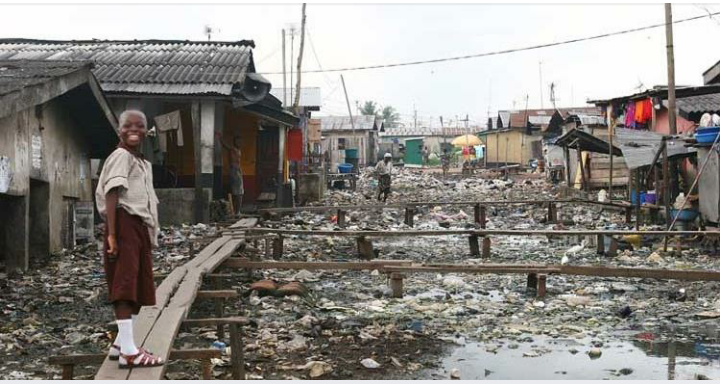With Nigeria’s current annual Population Growth rate standing high at 2.6%, it is a must that by 2100, Nigeria’s population will have tripled the current value, making her the third most populous country in the world, only behind China and India. Based on the common ideology about Population Growth shared in Africa, it won’t be shocking to me if so many Nigerians – illiterates and intellects alike – rejoice over this news. But there are dire economic consequences which will dog this astronomical increase in the size of our population, especially now there is a little economic growth to cater for the increasing population. Many stakeholders still don’t see the challenges Population Growth will put forth in the next century, that is, if it’s left unchecked. Sadly, they still hold on to the old axiom that population is a blessing rather than a curse. Of course in this scenario, it is not true. A rise in the population figure, coupled with the current failure in the country’s ability to produce visionary leaderships, will spell ruins for the future generation.
Urban dwellers will be more than 70% of the population by 2100, and to think they will be living in unplanned cities and slums that will spring up in frightening numbers as the years come and go. There will be no access to portable water or modest shelters. Of all these Nigerian cities, Lagos will be most affected by Nigeria’s unproductive Population Growth. With the population of the mega city projected to be 25 million by 2020, and further jumping up to 85 million by 2100, Lagos will be the largest city in the world 82 years from now. This will come with so many disadvantages, ranging from an alarming increase in the poverty rate; a complete elimination of the middle class, leaving a gaping rift between the upper and the lower classes in the social strata; an increase in the number of slums and shanty towns; pollution of the water bodies; inaccessibility to portable water; heavy traffic gridlocks and perhaps the destruction of the ecosystem. When I think about all these every day, I shudder in fear for the grim fate that waits for the future generation. We should all be scared to reproduce in a world that thinks little about the safety of the future generations.
In addition to the uncomfortable living, crude oil industry, which is currently the mainstay of the economy, will have become valueless by 2100, with a consequential result of more than 80% of the population living below the poverty line. Only less than ten per cent of the population will become super rich, controlling more than 80% of the national wealth. How horrible such a life will be for the downtrodden. Is this the kind of life we want for the future generation? Does anyone apart from me think of the unpleasant conditions those alive then will be facing? Does anyone think about the high crime rate, death rate, war, terrorism, among other scary things that await an innocent generation? I guess no.
The question now is, how can we steer this disaster off our path? We cannot continue to hope that one day a great leader will emerge to put things right economically, because there is none in sight at the moment. Moreover, it is already too late to plan for 2100 when it is barely 82 years left. Even developed nations who began planning for their future generations many years ago are still worried about what the outcome would be. What then is the solution to this worrisome future catastrophe in Nigeria? I dare to suggest, Population check or rather in plain term, Birth Control.
At present, it is not unusual to see a couple, living in a room apartment in the heart of a costly city and earning a combined wage of less than a hundred dollars monthly, to give birth to six children as if they are animals. I have met so many of these persons in my life and when I try to challenge overpopulation to their faces, there’s a common bland reply they put forth as a weak defense, “It’s God who gives and takes care of children.” How can a man earning less than a hundred dollars monthly cater for a family of seven easily, considering the present high cost of living? Where will these children’s school fees come from? Where will their clothing, modest shelter come from? Where, most importantly, will their decent meal come from?
A fight for the adoption of strict birth control laws, as practiced in China, won’t be an easy task in a developing world like Nigeria, blinded by faded customs and dogmas. Population Growth in Nigeria has the support of religious, cultural and political sentiments. The political elite will be reluctant to make laws against it because they gain from it during political campaigns. The religious leaders are against it because they believe a deliberate birth control measure is sinful to God. The cultural faithful appear even more conservative in their defense. There is a Yoruba proverb that mirrors this stand: “A man does not count the number of children he gives birth.” But how can this be valid in the fast-changing world, where resources are becoming slimmer and rationed? It is time to give a new name to our future generation in terms of Population Growth, at least by checking indiscriminate births. And the time for this is now! 
Share this article with your friends.